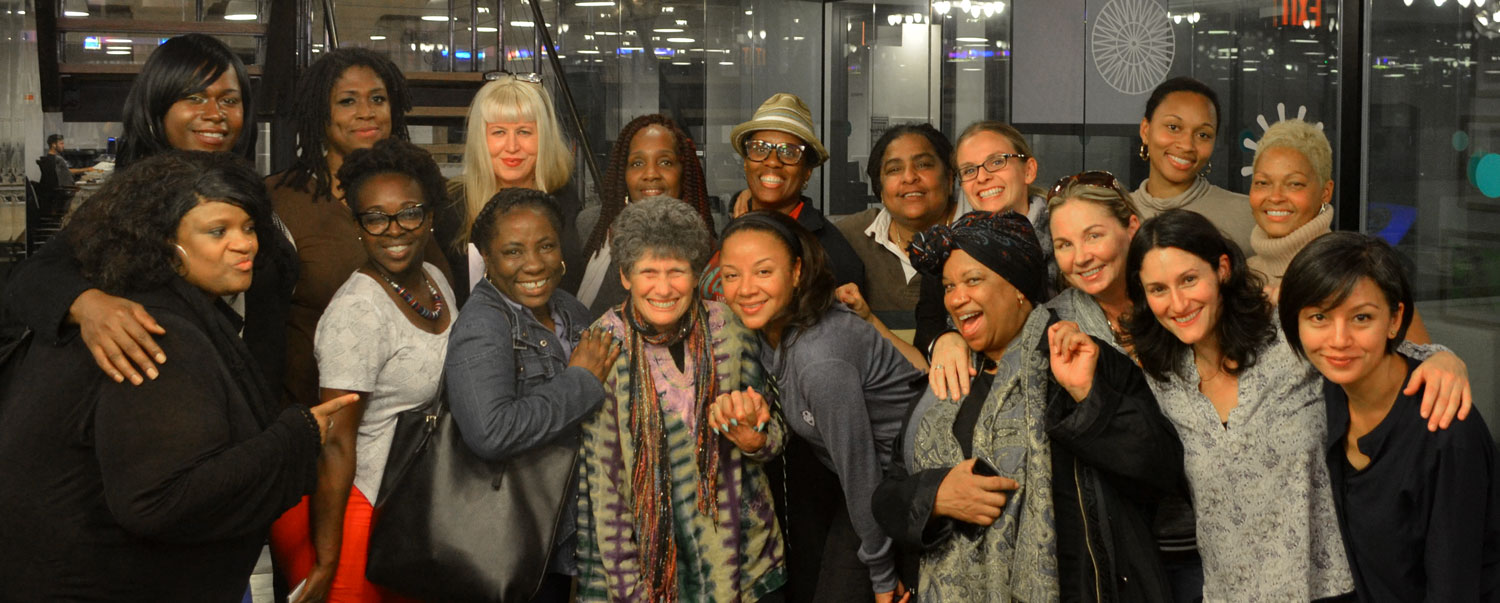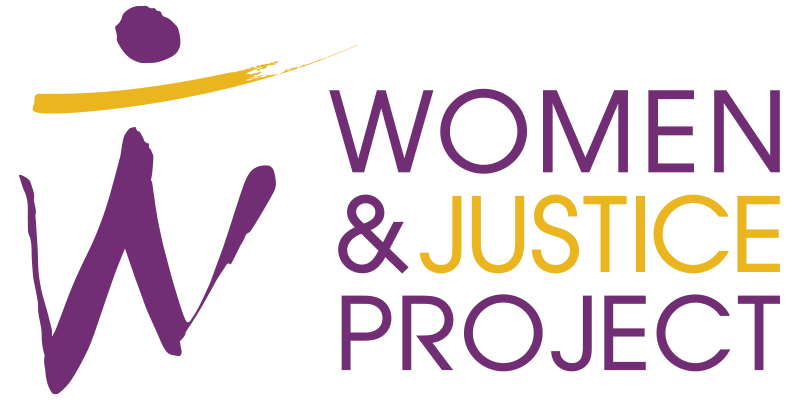
Our Core Beliefs
Click to read more.
From the genocide of Indigenous peoples and the enslavement of African peoples to ongoing gender-based violence and violence against Black people today, the through line is a lie: that people from marginalized communities – particularly Black, Indigenous, and people of color – are somehow less valuable and therefore disposable.
Fueled by white supremacy, patriarchy, and capitalism, this lie leads to destructive criminal legal practices: Black, Indigenous, and people of color and people from marginalized communities are targeted, criminalized, and incarcerated on a disproportionate and mass scale because they are devalued and viewed as discardable.
Shifting away from a criminal legal system based on dehumanization and punishment and moving toward practices for accountability based on human dignity, equity, healing, and transformation requires invalidating this lie and fully embracing the truth: that each person possesses inherent worth, the ability to change and repair harms, and the right to heal, contribute, and reach their full potential.
Directly impacted people’s first-hand experiences with incarceration are not only stories, they are profound forms of expertise. That expertise forms the basis for ideas, strategies, and leadership that can transform our criminal legal system and society.
Too often, the leadership of currently and formerly incarcerated people – particularly cis and trans women and gender expansive people who are Black, Indigenous, and people of color – is ignored or acknowledged only superficially. People without direct experience of incarceration – frequently white people – are too often cast as the “real” experts while directly impacted people are engaged only for their “stories” in extractive and disempowering ways.
We need to shift these unequal power dynamics, changing whose expertise and leadership is valued and how we value it. This means recognizing directly impacted people’s right to be experts and leaders and to experience sharing that expertise and leadership as healing, empowering, and impactful.
In other words, we should value and honor the integrity of a process as much as any specific objective that process is trying to achieve.
When we value the how as much as the what, we measure the success of a process both by whether change occurs (in policies, practices, or cultural norms) and by how deeply it allows people most directly impacted by the issues being addressed to express leadership, build power, and experience healing and community.
Valuing the how as much as the what means grounding our interactions in a recognition of each person’s basic humanity. This does not mean shying away from differences or fighting less intensely for change, it just means recognizing that how we treat each other is fundamental to creating the just and loving world we all want to live in.
We hold this core belief in recognition and honor of the Black feminists who initiated and continue to carry out the lens and work of intersectional feminism.
Our criminal legal system is inextricably bound to white supremacy, patriarchy, inequality, and capitalism. Changing it requires following the lead of the people most harmed by those forces: currently and formerly incarcerated cis and trans women and gender expansive people who are Black, Indigenous, and people of color.
Only with this approach can we transform society to end mass incarceration, abolish racism, sexism, and oppression, and nurture new ways of being that allow all people to thrive and reach their full potential.
People who are not currently or formerly incarcerated – especially white people – must step out of the way of the leadership of directly impacted people – especially Black, Indigenous, and people of color.
At the same time, mass incarceration is so fundamentally tied to our basic societal values, to who we are as a people, and to broader systems of oppression, that all of us are implicated and share a responsibility to work toward ending it.
We believe that people who are not currently or formerly incarcerated should play an ally role in this work – not through charity but through deep partnership, defined and determined by directly impacted people. For white people in particular, this role must include undoing white supremacy, challenging oppression in all forms, and understanding that the privilege of staying silent and disengaged from conversations and situations that may be uncomfortable has life and death implications for Black, Indigenous, and people of color.
Translating these beliefs into action is a dynamic process, and, while we certainly don’t have all the answers, we do know that each of us should constantly reflect on how we can best contribute in this work and beyond. Seeing more clearly where each of us fits and stepping into those roles can make our movement a reflection and a practice of the values we want our criminal legal system and society to embrace, not just a mouthpiece for them.
We believe our criminal legal system needs to be completely reimagined and transformed, and that smaller-scale reforms have the potential either to help or hurt in moving us toward that goal.
Assessing a reform’s impact usually focuses on an evaluation of its content: what did it do? Often lost are other questions with equal import: what values anchored the organizing for that reform? What role did currently and formerly incarcerated people play and what was their experience? What larger analysis does the reform reflect? What vision does it serve? Is it in service of larger transformation?
These questions are all important because transforming the criminal legal system requires shifting not only policy but also power, narratives, values, and ways of being – and reforms should be measured against how meaningfully they attempt to change both. Ultimately, the answers to these questions can determine whether a reform removes only its own brick from society’s wall of injustice or whether it sends out cracks that, however small, contribute to destabilizing the wall, readying it to fall in more substantial ways in the future.
In addition to changing policies and laws, transforming our criminal legal system requires shifting power to marginalized communities and ensuring that directly impacted people – especially Black, Indigenous, and people of color – have the platforms and resources to be in positions of authentic leadership and decision-making. It requires changing the dominant culture of white supremacy and misogyny, and the values of dehumanization and disposability this culture assigns to people who are incarcerated. And, it requires embracing transformative narratives created and controlled by directly impacted people that challenge the dominant culture and hold values of human dignity, equity, accountability, healing, and transformation.
Directly impacted leaders have long worked to challenge the harmful narratives society forces on them, including the two main narratives associated with currently and formerly incarcerated women: “criminal” and “victim.” (link to Kathy) The criminal narrative defines women by their crimes and demonizes them as inhuman and incapable of change. Anchored in values of punishment and disposability, this narrative leads to an approach of policing, criminalization, and confinement. The victim narrative depicts women as little more than a compilation of negative life experiences, as people with no real potential or agency. Rooted in values of pity, this narrative leads to an approach of charity and patronizing service delivery.
Both narratives are racist and misogynistic, frequently casting “victims” as passive, white, cis, straight, and involved in non-violent crimes, and “criminals” as Black, Indigenous, and women of color, women convicted of violent crimes, and women who are perceived as not conforming to sexist, homophobic, transphobic notions of acceptable behavior.
We need to embrace and amplify transformative narratives that reflect the full humanity and experiences of directly impacted people. Such narratives uplift practices that allow people to heal and repair harm they may have caused without subjecting them to more harm, and recognize directly impacted people as experts and agents of change who can lead transformation on a personal and global scale.
